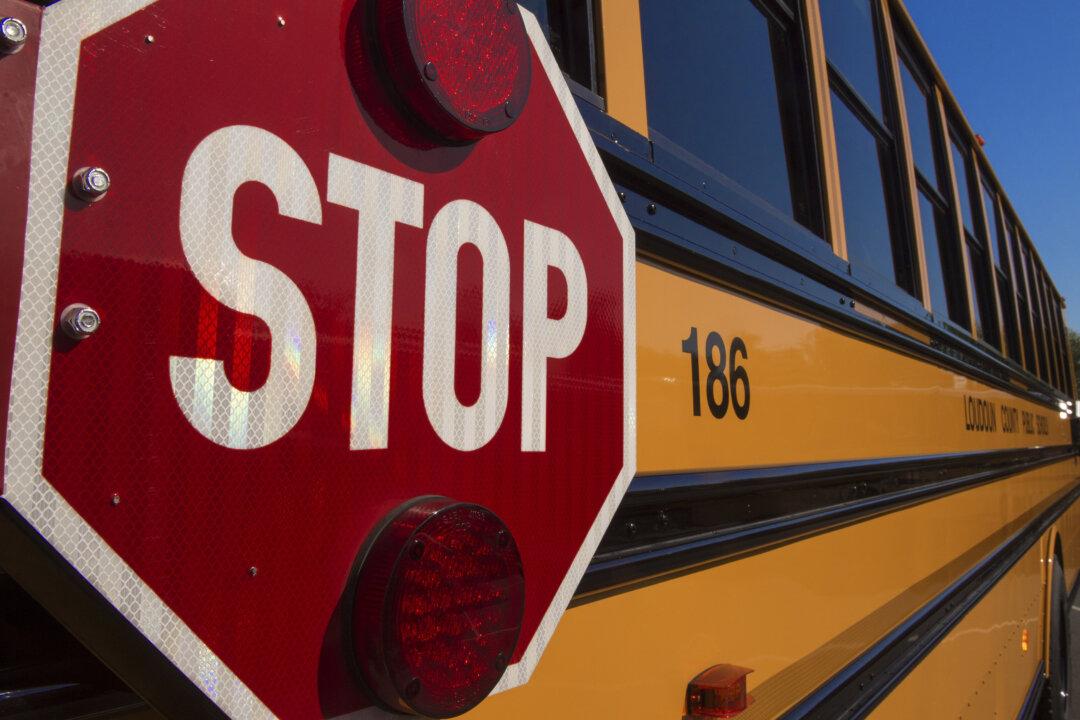Commentary
Ameer Hamideh is a smiling, bubbly 9-year-old. Born with cerebral palsy, Ameer is confined to a wheelchair and uses an assisted communication device to help him speak.

Ameer Hamideh is a smiling, bubbly 9-year-old. Born with cerebral palsy, Ameer is confined to a wheelchair and uses an assisted communication device to help him speak.